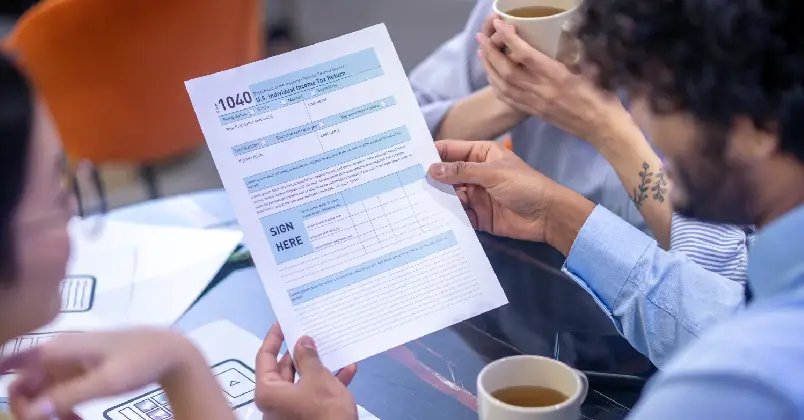

Preparing for a GST audit involves ensuring that your financial records and GST returns are accurate, consistent, and compliant with the latest regulations. Start by reconciling your GSTR-1, GSTR-3B, and books of accounts to identify any discrepancies. Maintain proper documentation of invoices, input tax credits, and expense records for easy verification. It’s also essential to review tax payments, filing timelines, and any amendments made during the financial year.
Additionally, conducting an internal GST review before the official audit can greatly enhance your preparedness. Regularly assessing your records helps in detecting errors early, ensuring that your filings align with actual business transactions.
















From setup to scaling, our EDGE ensures clarity, consistency, and confidence
We assess your business needs, entity management structures, and compliance gaps to create a clear roadmap before execution.

We build tailored accounting, tax, and payroll solutions aligned with global standards and local regulations.

We execute with accuracy and transparency, using technology-driven dashboards for real-time compliance tracking.

Similar to the other laws, there is a requirement for certain categories of taxpayers to undergo annual audit under GST. As per Section 35(5) of the CGST Act read with rule 80(3) of the CGST Rules, “every registered taxpayer whose turnover exceeds INR 2 crores in a financial year is required to get the accounts audited by a practicing Chartered Accountant and submit a copy of the audited annual accounts and reconciliation statement in Form GSTR 9C.”
Accordingly, every taxpayer having turnover exceeding INR 2 crores is required to submit GSTR 9C duly certified by a practicing Chartered Accountant or a Cost Accountant along with GSTR 9. This certification is required once for every financial year.
In addition to the above, the GST law also has provisions for a department audit/ special audit by a practicing Chartered Accountant or Cost Accountant on a need basis.








Preparing for a GST audit involves ensuring that your financial records and GST returns are accurate, consistent, and compliant with the latest regulations. Start by reconciling your GSTR-1, GSTR-3B, and books of accounts to identify any discrepancies. Maintain proper documentation of invoices, input tax credits, and expense records for easy verification. It’s also essential to review tax payments, filing timelines, and any amendments made during the financial year.
Additionally, conducting an internal GST review before the official audit can greatly enhance your preparedness. Regularly assessing your records helps in detecting errors early, ensuring that your filings align with actual business transactions.










Similar to the other laws, there is a requirement for certain categories of taxpayers to undergo annual audit under GST. As per Section 35(5) of the CGST Act read with rule 80(3) of the CGST Rules, “every registered taxpayer whose turnover exceeds INR 2 crores in a financial year is required to get the accounts audited by a practicing Chartered Accountant and submit a copy of the audited annual accounts and reconciliation statement in Form GSTR 9C.”
Accordingly, every taxpayer having turnover exceeding INR 2 crores is required to submit GSTR 9C duly certified by a practicing Chartered Accountant or a Cost Accountant along with GSTR 9. This certification is required once for every financial year.
In addition to the above, the GST law also has provisions for a department audit/ special audit by a practicing Chartered Accountant or Cost Accountant on a need basis.







































Similar to the other laws, there is a requirement for certain categories of taxpayers to undergo annual audit under GST. As per Section 35(5) of the CGST Act read with rule 80(3) of the CGST Rules, “every registered taxpayer whose turnover exceeds INR 2 crores in a financial year is required to get the accounts audited by a practicing Chartered Accountant and submit a copy of the audited annual accounts and reconciliation statement in Form GSTR 9C.”
Accordingly, every taxpayer having turnover exceeding INR 2 crores is required to submit GSTR 9C duly certified by a practicing Chartered Accountant or a Cost Accountant along with GSTR 9. This certification is required once for every financial year.
In addition to the above, the GST law also has provisions for a department audit/ special audit by a practicing Chartered Accountant or Cost Accountant on a need basis.
